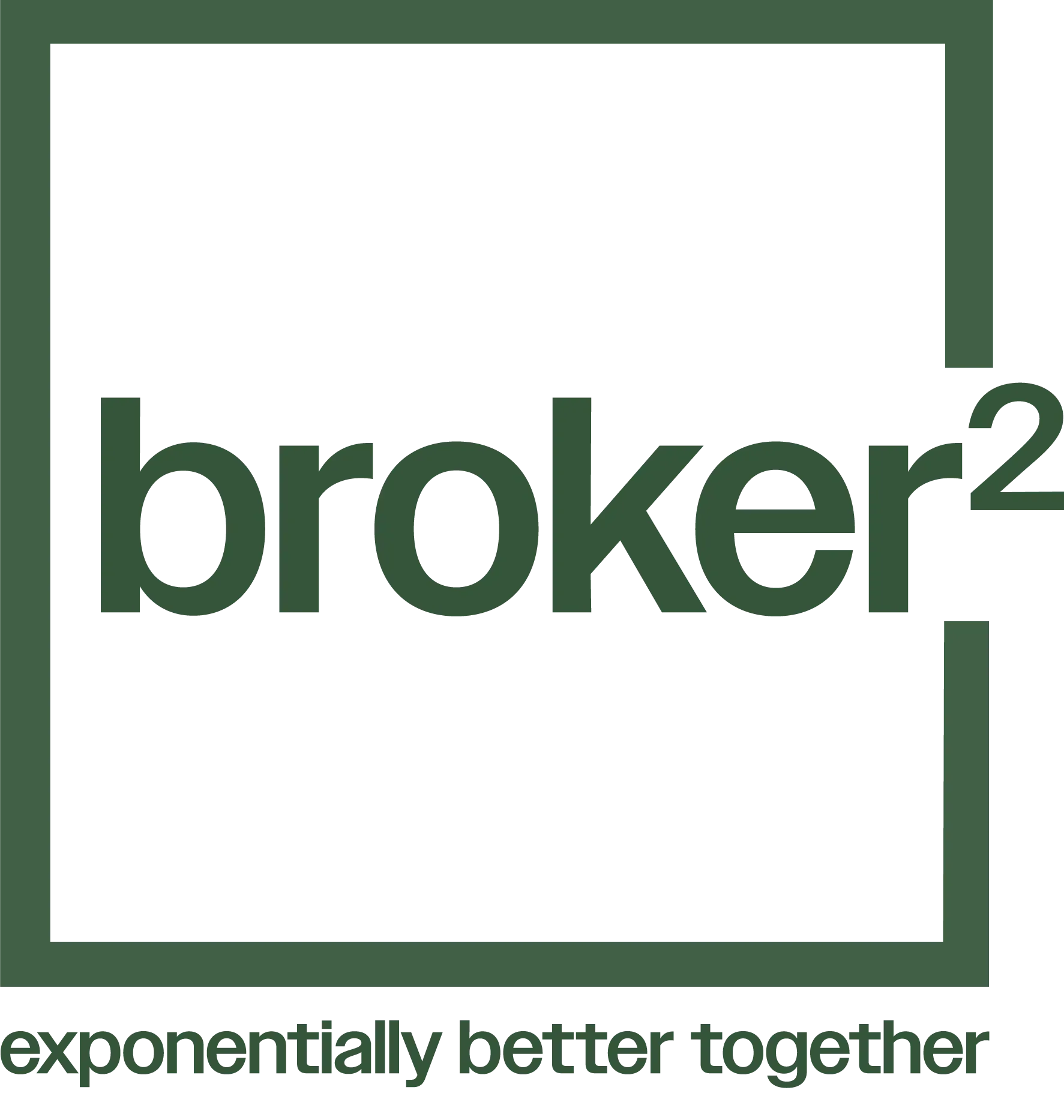4 Ways to Access Your Home Equity

If you've been a homeowner for many years, it is likely your property value has increased significantly. One advantage of homeownership is the opportunity to build equity. Home equity growth, partnered with the security of living in your own home, is why most Canadians believe homeownership is the best choice for them!
While home equity is one of your greatest assets, accessing home equity is often overlooked when putting together a comprehensive financial plan. So if you’re looking for a way to access some of your home equity, you’ve come to the right place!
Simply put, home equity is the actual market value of your property minus what you owe. For instance, if your home has a market value of $650k and you owe $150k, you have $500k in home equity.
If you want to stay in your home but also access the equity you have built up over the years, there are four options to consider.
Conventional Mortgage Refinance
Assuming you qualify for the mortgage, most lenders will allow you to borrow up to 80% of your property’s value through a conventional refinance.
Let’s say your property is worth $500k and you owe $300k on your existing mortgage. If you were to refinance up to 80%, you would qualify to borrow $400k. After paying out your first mortgage of $300k, you’d end up with $100k (minus any fees to break your mortgage) to spend however you like.
Even if you paid off your mortgage years ago and own your property with a clear title (no mortgage), you can secure a new mortgage on your property.
Reverse Mortgage
A reverse mortgage allows Canadian homeowners 55 or older to turn the equity in their home into tax-free cash. There is no income or credit verification; you maintain ownership of your home, and you aren't required to make any mortgage payments. The full amount of the mortgage will become due when you decide to move or sell.
Unlike a conventional mortgage refinance, reverse mortgages won’t allow you to borrow up to 80% of your home equity. Rather, you can access a lesser amount of equity depending on your age.
The interest rates on a reverse mortgage can be slightly higher than the best rates currently being offered through standard mortgage financing. However, the difference is not outrageous, and this is an option worth considering as the benefits of freeing up cash without mortgage payments provides you with increased flexibility.
Home Equity Line of Credit (HELOC)
A Home Equity Line of Credit allows you to set up access to the equity you have in your home but only pay interest if you use it. Qualifying for a HELOC may be challenging as lender criteria can be pretty strict. Unlike a conventional mortgage, a HELOC doesn't usually have an amortization, so you're only required to make the interest payments on the amount you've borrowed.
Second Position Mortgage
If the cost to break your mortgage is really high, but you need access to cash before your existing mortgage renews, consider a second mortgage.
A second mortgage typically has a set amount of time in which you have to repay the loan (term) as well as a fixed interest rate. This rate is usually higher than conventional financing. After you have received the loan proceeds, you can spend the money any way you like, but you will need to make regular payments on the second mortgage until it's paid off.
If you’re looking for a way to access the equity in your home to free up some cash, please get in touch. You’ve got options, and we can work together to find the best option for you!




